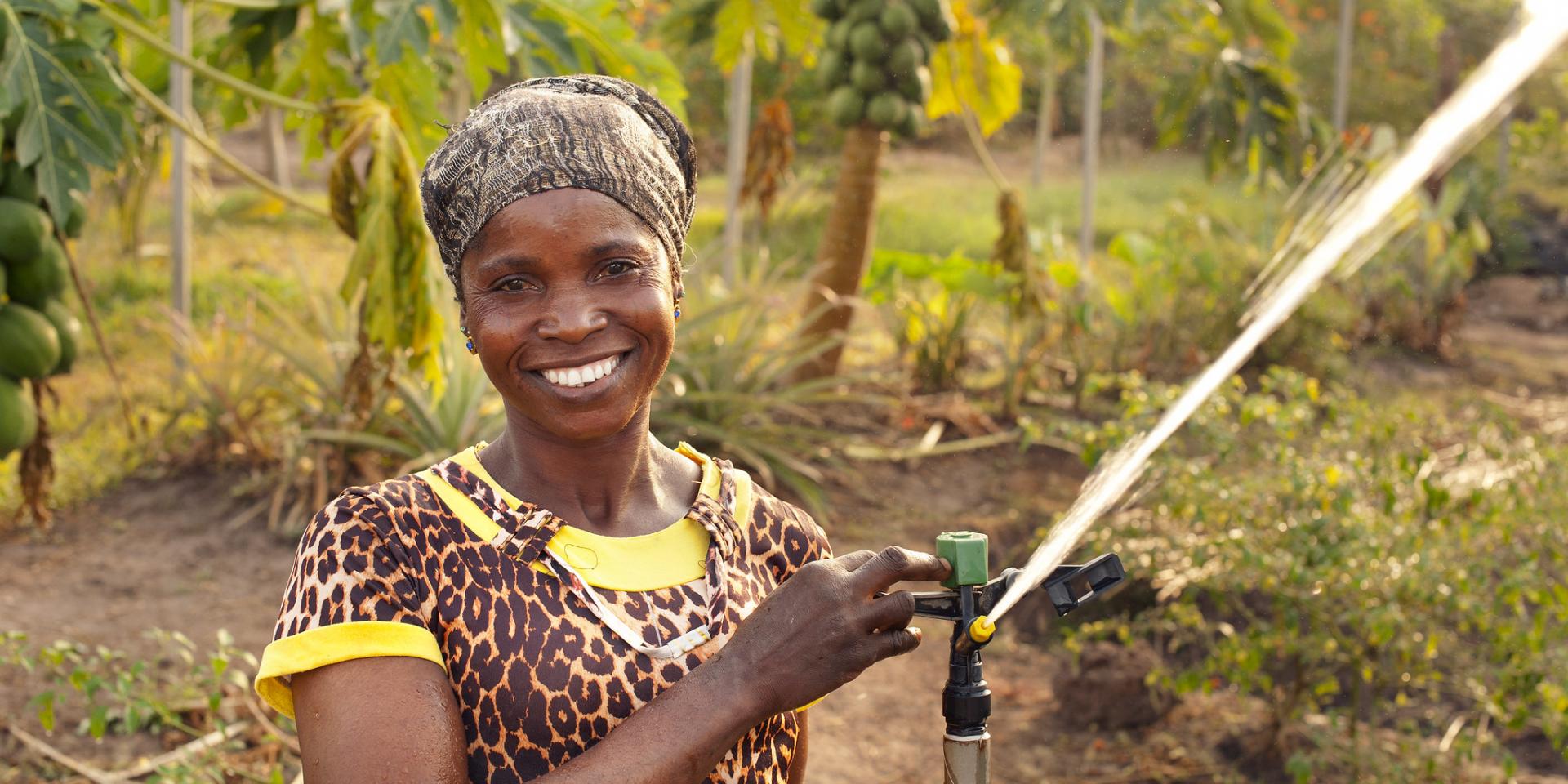Gender equity and social inclusion in the Water-Energy-Food-Ecosystems (WEFE) Nexus

This free and interactive training module teaches the core concepts of a human-centered WEFE Nexus and provides insights on how to design inclusive WEFE interventions for more equitable approaches to resource management.
This course is in English
What will you learn?
-
Dive into the key concepts of Water-Energy-Food-Environment Nexus, gender equity and social inclusion, and understand the social dimensions of resource access.
-
Take a closer look at the social equity framework to understand what the key considerations are for integrating gender and social inclusion in WEFE Nexus activities, projects or other interventions.
What resources do you need to do it?
Internet connection to access or download the powerpoint presentation.
More about this training
This module can be directly integrated into the existing WEF Nexus Training materials.
This new module provides information on how most marginalised stakeholders such as women, landless and ethnic minority groups often end up losing out on critical resources. This makes it all the more important to address these challenges in an integrated and sustainable way, carefully considering aspects of gender equity and social inclusion aspects.
Dive deeper into the key concepts of Water-Energy-Food-Environment Nexus, gender equity and social inclusion, and understand the social dimensions of resource access. Take a closer look at the social equity framework to understand what the key considerations are for integrating gender and social inclusion in WEFE Nexus activities, projects or other interventions.
Keeping all this in mind, an important step can be made in ensuring that a Nexus intervention indeed reduces power imbalances and reverse resource degradation.
Take a look yourself and try to be as interactive, interdisciplinary, multi-level, multi-stakeholder, collaborative and iterative as possible!
Who can I contact for more information?
r.jalonen [at] cgiar.org